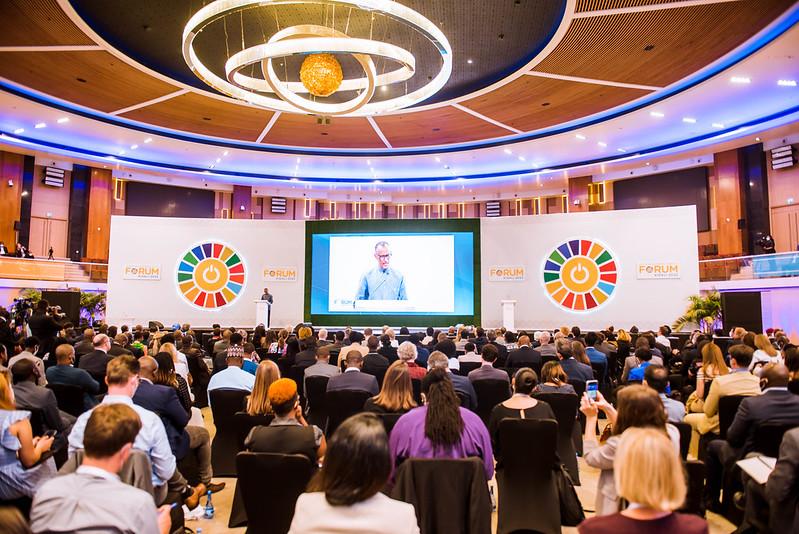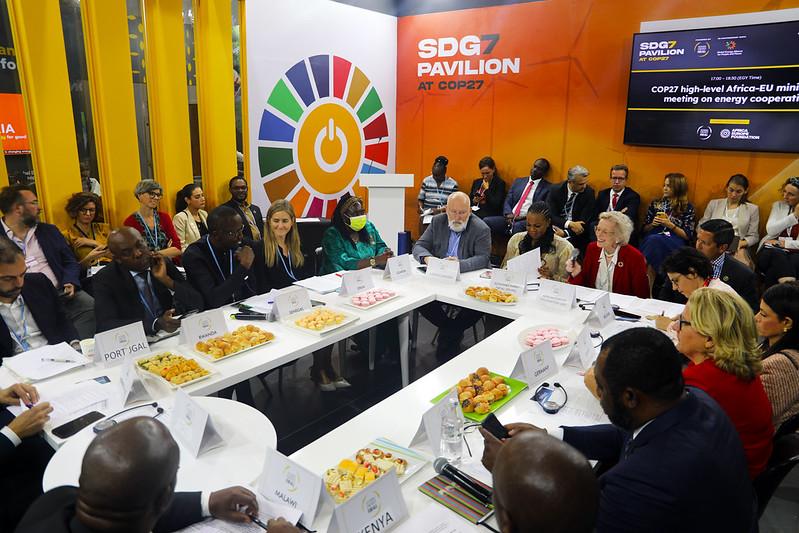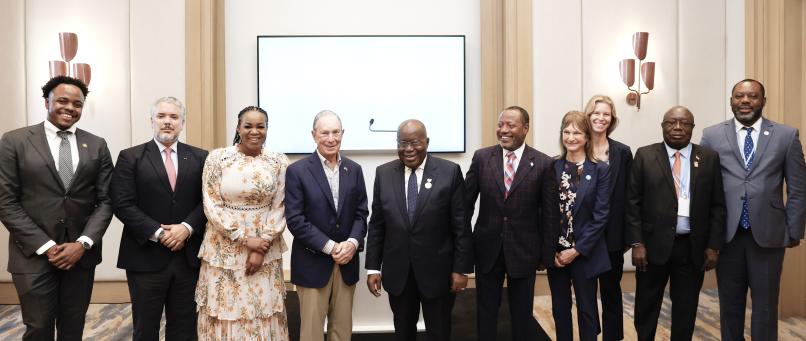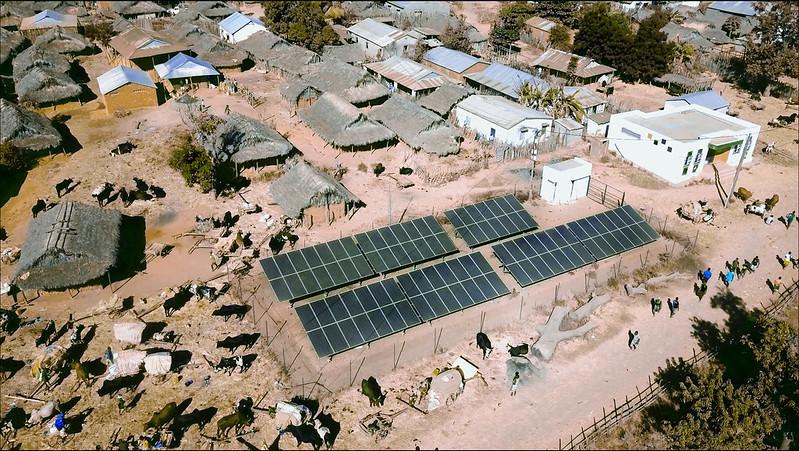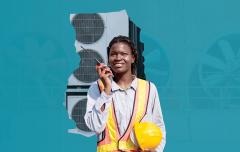Growing our influence and impact – SEforALL’s highlights from 2022
This year Sustainable Energy for All (SEforALL) celebrated its 10-year anniversary. Having started as an initiative within the UN, our sphere of influence and impact on the global sustainable energy movement have evolved greatly over the past decade.
Our 2022 work demonstrates our ability to build higher ambition, stronger policy and planning, and faster results, all of which are urgently needed to achieve affordable and clean energy for all by 2030 and net-zero emissions by mid-century.
Of course, our work would not be possible without the support and collaboration of our many partners and funders, who we would like to thank for their commitment to helping us build a better future through sustainable energy.
As the year comes to an end, now is a good time to look back at what we’ve achieved together.
Higher ambition
Our advocacy and diplomacy work aims to build high-level political support for energy access and transition around the world. In 2022, we enabled critical dialogues on energy among global leaders and secured significant new energy commitments from governments, companies, financiers, and others.
SEforALL Forum
Co-hosted with the Government of Rwanda, the Forum brought together the global energy, climate and development communities to learn, inspire and collaborate. Our partners used this global platform as an opportunity to launch new partnerships and commitments towards the energy transition. Collectively, they announced an impressive USD 347 million in commitments over the three days in Kigali, along with the launch of several important new initiatives, including Mission Efficiency, a global coalition dedicated to improving energy efficiency.
Youth engagement at the Forum was extensive, with more than 300 youth bringing their voices to the various Forum sessions. Young people’s futures truly are at stake with the energy transition, so we make it a priority to support them in accessing today’s energy sector leaders.
Ministerial Roundtables
To foster collaboration among African countries in defining and advancing a just and equitable energy transition for Africa, we organized a Ministerial Roundtable at the Forum in Kigali. There, ten countries agreed on seven transformative actions towards achieving Sustainable Development Goal 7, outlining them in the Kigali Communique, which signals to the global community where support is needed in Africa for energy access and transition efforts.
As a next step towards garnering this support, we held similar roundtables on the sidelines of the UN General Assembly in September and at COP27 in November. Importantly, the conversation at COP27 was organized as an Africa-Europe Ministerial Roundtable, which we hosted along with the Africa-Europe Foundation. African and European ministers listened to each other and strategized on how to accelerate Africa’s race towards a just and equitable energy transition while working together.
There is now greater momentum for Europe to support Africa in achieving its energy goals, something that will be aided by establishing a “Africa-Europe Energy Leaders’ Group.”
COP27
The UN climate conference was also a major moment for us because of the SDG7 Pavilion, which we again hosted with the Global Energy Alliance for People and Planet (GEAPP). For the second year in a row, the pavilion was the main hub at COP for discussing and showcasing how to unite global efforts on energy, climate and development, and it served as a platform for the launch of several exciting new initiatives.
With GEAPP and the UN Economic Commission for Africa, we launched the ground-breaking Africa Carbon Markets Initiative at COP27, which aims to support the growth of voluntary carbon markets in Africa for financing clean energy access and transition. With Bloomberg Philanthropies, we also announced our partnership with the government of Ghana to develop an Energy Transition Plan that will provide a detailed, data-driven pathway for the country and its partners to achieve its energy and climate goals.

